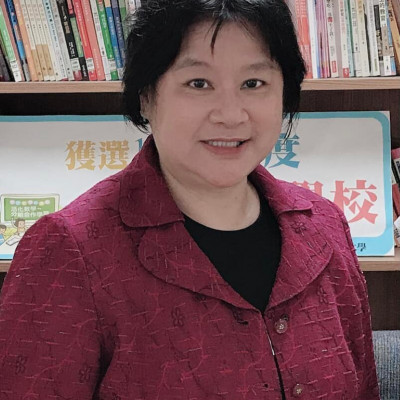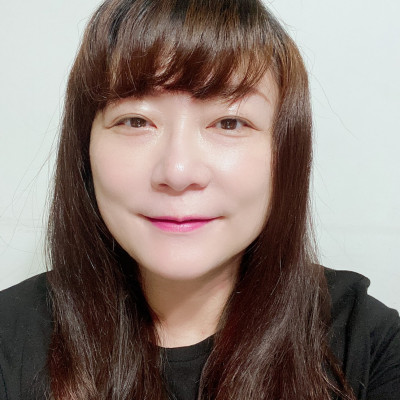Not Logged In
[Google Meet] You need to be logged in, be a member, and get a ticket to attend this session.
Paper Presentation Bilingual Teacher Education Regular Presentation (30 min)
On Improving Student Teachers’ Bilingual Science Teaching Performance and Self-efficacy: An Action Research
In the 2020 academic year, ten senior students from a pre-service bilingual education program participated in a one-year elementary school teaching practicum at W elementary school with a focus on teaching science bilingually in both Mandarin Chinese and English. This study aims to explore student teachers’ changes in their performance and self-efficacy of teaching science bilingually. The practicum class met four hours a week, during which the students received full support and supervision from the case university, researchers, and W elementary. The student teachers’ instructions were evaluated by a Science education expert and a CLIL expert twice, once in November 2020 as pre-teaching performance, and the other during their full-time teaching at W elementary for three weeks in March 2021 as post-performance. Students’ teaching strength and weakness were analyzed after the pre-test. Most students applied the confirmation inquiry model (not the open-ended inquiry model as recommended in science education), used instructional language that was too difficult for children, showed poor class time management. A three-week remedial coaching program was conducted accordingly with intensive professional consulting among researchers and students during the winter break of 2021.
The instrument used to evaluate bilingual sciences teaching performance was the Bilingual Curriculum Design and Teaching checklist (Tyan, Chien & Tsou, under review). The results of independent t-tests showed statistically significant improvement from pre- to post-test scores in terms of bilingual science teaching performance (t=2.26, p<.05) and bilingual science teaching self-efficacy (t=2.26, p<.001). Students’ changes were elicited from their final reflection. In terms of teaching performance, students focused more on their teaching during the pre-test. They developed various strategies to support children’s learning during the three-week full-time teaching practicum. In terms of learning assessment, students focused only on teaching during the pre-test and lacked the sense of assessment. During the three-week practicum, students had developed a variety of assessment methods. I used worksheets and oral assessments to confirm children’s understanding. In terms of classroom management, during the three-week period, students had developed humane, rigorous, and diverse methods.
Short Article on Smore
-

Greetings from Taipei, Taiwan. With a Ph.D. from Indiana University-Bloomington, USA, Nancy has been a teacher educator at National Taipei University of Education for more than 30 years. Four highlights of her teaching career include the following. 1. Leading NTUE student teacher delegations to eight Asian and Oceania countries (2008-2019), 2. Establishing the NTUE "Learning and Instruction" international Master program in 2017, 3. Long-term involvement in Ministry of Education project on Cooperative learning (since 2012), and 4. Mentoring NTUE's first and seond batches of bilingual teaching practicum and internship (2020 till now).
-

Dr. Jane Chien is an assistant professor in the Department of Children’s English Education at the National Taipei University of Education. During the past 16 years, she has been engaged in pre-service EFL elementary school teacher training and in providing professional development to in-service teachers. As the Director of the Center for Research on Bilingual Education at NTUE, She has dedicated her work to promoting bilingual education through CLIL, supervising several elementary schools’ bilingual programs in the northern part of Taiwan. Her most valuable experience actively participating in the international TESOL community has been from serving on the TESOL’s CALL-IS Electronic Village Online coordination team since 2018 and as TESOL International Association Computer-Assisted Langauge Learning Interest Section Chair-Elect 2021-2022.